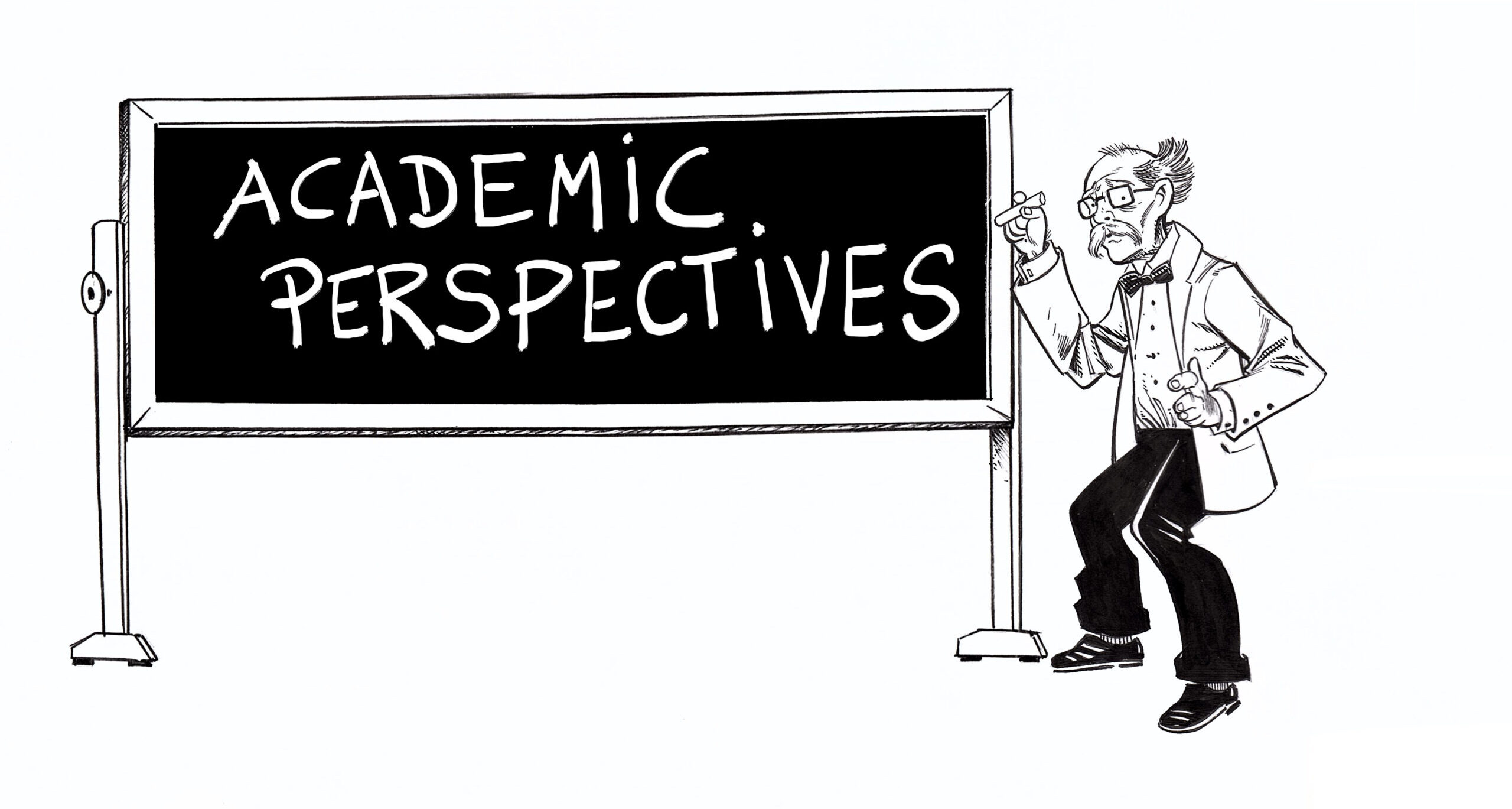Original study by Mark A. Moore and Aidan R. Vining.
This month’s article continues the review of Moore and Vining’s detailed review of theoretical and empirical literature on PPP performance. The first part of their paper adopted a social-welfare framework to examine the literature on PPP performance. It concluded that the literature demonstrates a lack of PPP success. PPPs are unlikely to achieve higher levels of social welfare than traditional government procurement. This leads the authors to question why PPP remains a preferred option for governments in many cases?


